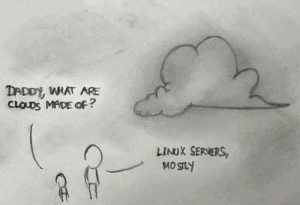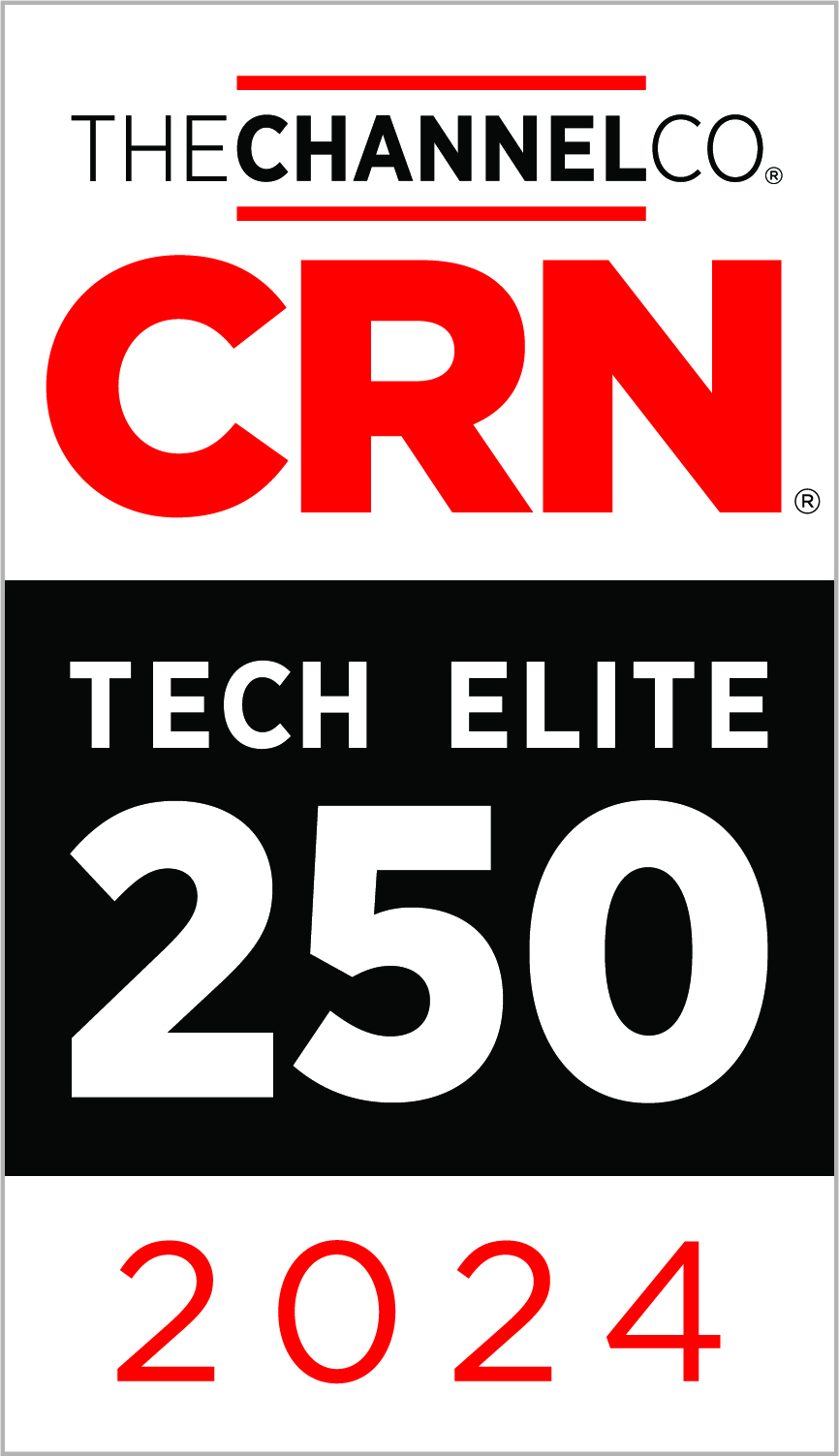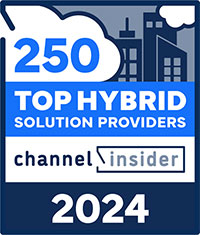Linux- The Swiss Army Knife of Operating Systems

What is Linux?
Strictly speaking, Linux is the kernel, or core of Linux distributions. I like to think of the Linux kernel like the base plate for Legos. It’s where all other pieces attach to.
A distribution, or “distro” for short, is a complete operating system including a kernel, packages, package managers, and everything else needed. In other words, distros are pre-assembled building block sets depending on user preference and needs. Red Hat, SUSE, and Ubuntu are examples of some of the more popular distros. There are too many others to list here, but here are some resources to give you an idea.
Linux Use Cases
As a long time Linux user, I can understand why it didn’t take off as a general purpose operating system like MS Windows. There are just too many choices, differences between those choices, and perceived lack of standardization. There’s also the reputation of being difficult to use. Why then would anyone want to use Linux, instead of Microsoft Windows or Mac OS X for example? Like the number of distros, the number of Linux use cases is also very extensive, so I’ll cover just a few popular ones.

IoT
Open source software is typically free, though some commercially backed distros such as RHEL do charge subscription fees. Linux runs on many different types of hardware such as IoT devices, personal computers, networking equipment, load balancers, supercomputers, and just about anything it seems. It can run on very low end or less common hardware. This makes it perfect for IoT devices, where processing power may be limited, and cost needs to be kept down.
“The Cloud”
It also powers very high end hardware, including much of what powers “the cloud.” Servers powering the internet need a reliable operating system that can run continuously without downtime, while maintaining a high level of security. There are far fewer circumstances in which Linux based OSes require a reboot.
Though I wouldn’t recommend it for most use cases, it is certainly possible for Linux devices to run continuously for YEARS without a reboot. It is also much easier to avoid viruses and malware. This is great for web servers, databases, load balancers, routers, switches, firewalls, storage servers, virtual machine hypervisors, and many other pieces of critical IT infrastructure.
Containers
The trend to “containerize” everything has taken the world by storm. Though MS Windows containers are now an option, until recently Linux was your only option. It is a much more mature platform for containers. There is much better documentation and support for containers on Linux. It is much lighter weight which allows for much denser deployments, as well as portability.
One example of a popular container OS is Alpine Linux . ” It is built around musl libc and busybox. This makes it smaller and more resource efficient than traditional GNU/Linux distributions. A container requires no more than 8 MB and a minimal installation to disk requires around 130 MB of storage. Not only do you get a fully-fledged Linux environment but a large selection of packages from the repository.”
AI
AI, machine learning, and deep learning are also getting a lot of attention these days. Linux offers a number of advantages in this space, including better integration with containers. There are many examples and lots of documentation to help someone building an AI project on Ubuntu for example.
Want to train your model in the cloud, but deploy at the edge to a low powered IoT device and/or container? You will likely have a much easier time, along with better and more predictable results on Linux.
If you are considering an IoT or AI project, and/or the infrastructure required to support it, Zunesis has the expertise. Schedule an assessment today, we’d love to help!
Categories
Search
Blog Categories
Related Resources
Archives
- July 2024
- June 2024
- May 2024
- April 2024
- March 2024
- January 2024
- October 2023
- September 2023
- August 2023
- July 2023
- June 2023
- May 2023
- April 2023
- March 2023
- February 2023
- January 2023
- October 2022
- July 2022
- June 2022
- May 2022
- April 2022
- March 2022
- February 2022
- January 2022
- December 2021
- November 2021
- October 2021
- September 2021
- August 2021
- July 2021
- June 2021
- May 2021
- April 2021
- March 2021
- February 2021
- January 2021
- December 2020
- November 2020
- October 2020
- September 2020
- August 2020
- July 2020
- June 2020
- May 2020
- April 2020
- March 2020
- February 2020
- January 2020
- December 2019
- November 2019
- October 2019
- September 2019
- August 2019
- July 2019
- June 2019
- May 2019
- April 2019
- March 2019
- February 2019
- January 2019
- December 2018
- November 2018
- October 2018
- September 2018
- August 2018
- July 2018
- June 2018
- May 2018
- April 2018
- March 2018
- February 2018
- January 2018
- December 2017
- November 2017
- October 2017
- September 2017
- August 2017
- July 2017
- June 2017
- May 2017
- April 2017
- March 2017
- February 2017
- January 2017
- December 2016
- November 2016
- October 2016
- September 2016
- August 2016
- July 2016
- June 2016
- May 2016
- March 2016
- February 2016
- January 2016
- December 2015
- October 2015
- September 2015
- August 2015
- July 2015
- June 2015
- May 2015
- April 2015
- March 2015
- February 2015
- January 2014
- February 2013




